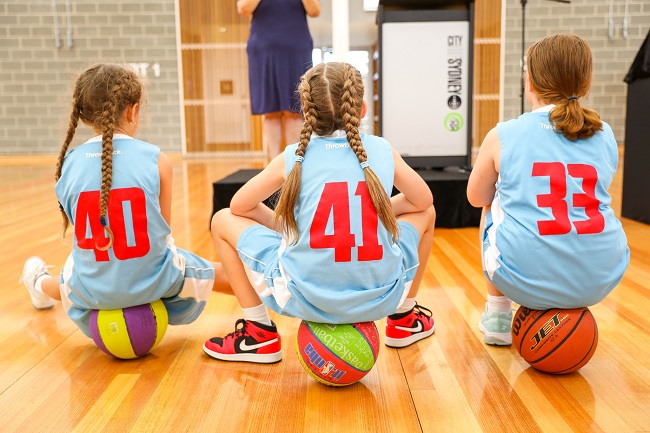You might have encountered the Destination Folder Access Denied error when you were trying to move our delete or copy a folder or file from either a shared source …
You might have come across this error called BSOD (Blue Screen of Death). It the screen which you will receive after any serious error which might not allow you …
Sticky Keys is a renowned function of the Windows operating system which lets the user keeps the modifier keys (for example – Ctrl (Control), Alt, Delete, Shift etc.) to …
1Movies is the best movie streaming service for watching high-definition TV episodes and movies. It contains the best selection of films and television shows from many genres. On this …
If you’re a die-hard football fan, you’ve probably heard of Feed2All. In addition to live football streaming, you can choose from a wide variety of sports channels on one …
There are numerous venues available for movie buffs to watch high-quality films and TV series. LetMeWatch is one of these apps. Let’s take a closer look at this platform. …
To describe animation in English, you can use the Japanese term Anime. Anime is a form of visual storytelling that depicts lively characters in a future setting. It was …
Users and viewers of internet live sports streaming can benefit greatly from GoatDee. As a result, you’ll be able to choose from a wide range of sports games with …
During the year 2003, “Demonoid” was a website that helped a lot of people share material and track down the torrent files. The Deimos designed Demonoid to serve as …
Do you enjoy watching soccer? Do you want to see the score and statistics in real time? If you answered yes to these questions, LiveSoccerTv is the app for …






